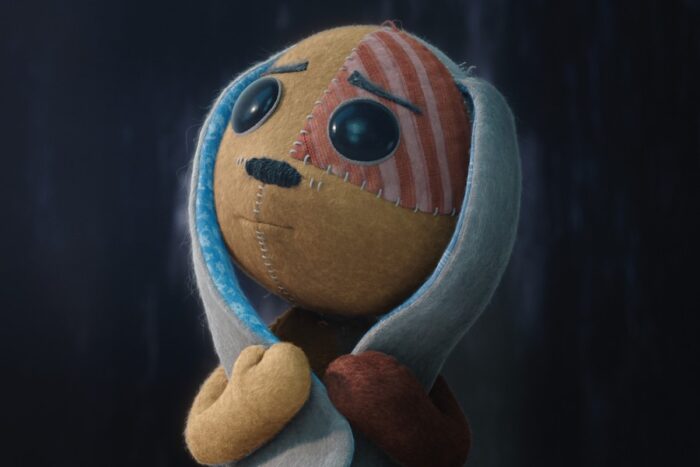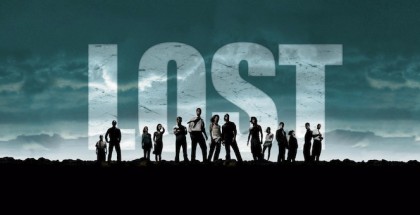Why Lost Ollie should be your next box set
Review Overview
Friendship
8Memories
8Feels
8David Farnor | On 29, Aug 2022
“Don’t ever forget me, OK?” Those are the words of Ollie that begin Netflix’s new animated saga, Lost Ollie – and the title alone gives you a hint that Ollie’s request might not come to fruition. Ollie is a handmade stuffed toy – a rabbit, to be precise – who belongs to Billy (Kesler Talbot). But when we catch up with Ollie in the present day, it becomes apparent that he’s been somehow left behind. Stranded on the shelf in a thrift shop, he sets about trying to reunite with David. Because no matter what happens, Ollie isn’t about to forget about his best friend.
So far, so Toy Story, but Lost Ollie is darker than Pixar’s franchise, delving deep into the feelings that go with loss, loyalty and longing – it’s like watching Jessie’s song from Toy Story 2 drawn out to feature length. That becomes apparent from the off, as Ollie is animated within a live-action world, a patchwork figure who blends seamlessly in with a reality of light and shade, of visible and tangible peril. Creator Shannon Tindle (who worked on Kubo and the Two Strings) uses that craft a saga that feels huge in stakes and scale, even as its scope remains very small and focused.
Loosely based on William Joyce’s book Ollie’s Odyssey, the four-part series sees Ollie trying to piece together not only the mystery of where Billy is, but also what happened to him. Along the way, he teams up with fellow toys Zozo (Tim Blake Nelson), a clown searching for a lost love, and Rosy (Mary J Blige), a bear who used to be a companion of Zozo’s. Their quest has a puzzle-like structure that drives the pace forward with a nice blend of subjectivity and objectivity – the milestones in their journey are a “white tower”, a “Mark Twain” and a “dark river”. All these have logical counterparts in the real world, but they underpin the central tension between how reliable memory is versus truth; the further we go in this journey, the more we learn that things aren’t as idyllic as Ollie might hope, that his heartfelt view of the world is on many levels naive.
This is emphasised by the show’s smart decision to focus equally on Billy, which means we have glimpses of his wider family life – specifically, that his mother (a superb Gina Rodriguez) isn’t well, and that his dad (a movingly downbeat Jake Johnson) is struggling with that. The result gives a full picture of the relationship between a toy and their owner, tapping into the ways that toys get their purpose and life from their owner, but also the way that their owners depend on and need their toys as a comforting presence during particularly tough times in life.
The question of what happens when kids grow up, or when life moves on, is not only explored from the toys’ perspective, but also that of Billy, to poignant, often tear-inducing effect. That’s the strength of the show’s success – that its layered script doesn’t swerve sadness, but instead emphasises the need not to let that sadness turn into bitterness. The result is often funny, sometimes shocking and always absorbing to watch, as it beautifully captures the truth that losing someone doesn’t mean that they’re gone – it’s a reminder that you won’t forget anytime soon.

















